4 More Albums Turning 40 You Should Hear
A deeper look at Servant's Light Maneuvers, Philip Bailey's The Wonders of His Love, Steve Taylor's Meltdown, and Kathy Troccoli's Heart & Soul
Last month, I wrote about 4 of my favorite releases from 1984 that celebrate their 40th anniversary this year. When 2024 began, I made a list of albums I hoped to cover extensively. Time isn’t allowing me to do that deep dives that I would ordinarily do, but, again, it’s important to me to acknowledge that these albums happened.
CCM legend John Fisher wrote that year, “The world is playing music from the heart again…while Christians are caught in a stagnant cycle of spiritual cliches.” The four albums I’m highlighting today stood out then and now because they dared to be different. I hope you’ll take some time and explore them.
Servant—Light Maneuvers—Myrrh Records
Not every group that thrived in the early days of contemporary Christian music survived in the eighties, but Servant was one of the groups that did. Their reinvention from long haired rockers playing blues-influenced rock to pop-tinged new wavers with a spectacular light show was one that most of their fans did not see coming. CCM’s Bruce Brown called them “a top contender for most improved band of the year,” and deemed the album the group’s “best album to date.”
After years of recording on independent labels, they signed with Word’s Myrrh imprint and recorded two albums that produced their first real breakthrough on Christian radio. Their Myrrh debut, Light Maneuvers, spawned the massive and impossible-to-not-sing-along single, “We Are The Light,” which brought the group much deserved recognition.
The album’s most interesting compositions, however, got less attention. “Neighborhood” rightly predicted the de-humanizing and de-empathizing effect that technology would bring, while “War Dance” is as harsh a critique of government-funded murder as one might have heard in the sixties. It’s important to distinguish the spiritual passion at the core of songs like “Courage to Burn” and “We Are the Light” from the Christian nationalist message that was already at fever pitch in 1984. Servant’s message certainly believed their way was THE way, but it was rooted in an ethic of empathy and concern for one’s neighbor.
Philip Bailey—The Wonders of His Love—Myrrh Records
There was an abundance of artists in the early 80s acknowledging their faith and wanting to be a part of what was happening in Christian music. Bob Dylan, Donna Summer, Maria Muldaur, Bonnie Bramlett and Teri DeSario were just a few, but none made a greater impact on Christian radio than Deniece Williams and Philip Bailey.
Williams and Bailey were forefront in this movement and recorded the gospel tune “They Say” together for Williams’ 1983 mainstream album, I’m So Proud. Bailey, however, was the first of the two to record a full-length gospel album, his second solo album apart from Earth, Wind & Fire.
With a cast of all-star musicians like George Duke, Paulinho DaCosta, James Jamerson Jr., Paul Jackson Jr., Skip Scarborough, and Jerry Peters, Bailey produced a tour de force of soulful gospel pop that upped the ante in the market. In their review of the album, CCM magazine said: “It seems that big-budget, well-produced Christian albums often lack sincerity. On the other hand, some of the most sincere albums seem to lack any professional quality. Here is a rare combination of high-tech, tastefully glossy music powerfully wed to profound Christian expression.”
With hits like “I Will No Wise Cast You Out” and “I Want to Know You,” The Wonders of His Love was part of an all-too-fleeting moment in CCM, alongside artists like Williams, Leon Patillo, Tramaine Hawkins and The Winans, when it seemed that Christian radio was ready to diversify and provide equal opportunities for Black artists producing CCM that stood head and shoulders above some of the white artists in the Top 10.
Steve Taylor—Meltdown—Sparrow Records (1984)
Contemporary Christian music had never quite had an album like Steve Taylor’s Meltdown before. While there had certainly been quirky, alt-rock groups who shared a biting commentary on both the world and the church before, none melded those things into an album that was considered art and commercially successful.
Meltdown is evidence that an album can be both subversive and mainline. There are fierce critiques of the Capitalist Christian Industrial Complex (most specifically, Christian television in “Guilty By Association”) and racism within Christian structures ("We Don’t Need No Color Code”), but equally fierce opinions regarding abortion (“Baby Doe”) and the “godless media elite” in “Meat the Press.” For all of the pressing of the envelope within Christian circles, there was also a doubling down on conventional Christian perspectives.
Whether all of the perspectives have aged well over the last 40 years doesn’t mean that the album should be thrown away. CCM magazine called the Grammy-nominated Meltdown “a modern pop-rock masterpiece from one of Christian music’s most fertile creative minds.” And they weren’t wrong.
Read more about Steve Taylor and this album here.
Kathy Troccoli—Heart & Soul—Reunion Records
“Heart & Soul is most effective as edifying entertainment. It’s an album that will minister to those who want a heavy sound and a light message—enough gospel to encourage or pique an interest in the Lord, but no deep theology.”—CCM Magazine
Sometimes critics say shady things.
If you’ve been reading God’s Music Is My Life for any length of time, then you know that the idea of spiritual entertainment is not off-putting over here. In fact, I think it’s quite important. Sometimes we are so heavenly minded that we’re no earthly good (Wasn’t that a Chris Christian song?). One of the things that is important about this era of CCM is the insistence of the artist in singing about themselves (something I’ll take any day over the alleged self-less-ness of worship music, but I digress).
I wrote quite a bit about Heart & Soul last year in the feature below, but it’s important to point out that Troccoli’s aim was to make an R&B album and she certainly rose to the occasion. Despite only being eight songs, the album has a complete arc that ranges from the hard-hitting groove of “Long Distance Letter,” the Manhattan Transfer-esque “Yes and Know,” the heart cry of “Open My Eyes,” the rock-driven “Hearts of Fire,” to the sweetness of the ballad, “Island of Love.”
The album earned Troccoli her first Grammy nomination and stands as one of her most balanced albums (Her 1986 follow-up, Images, also earned a Grammy nomination. You can read more about that album below!)
The Chance of a Lifetime: Kathy Troccoli's 'Images'
In the last newsletter of 2022, I wrote about Amy Grant’s recent Kennedy Center Honors acknowledgment and the reasons her revolutionary 1985 album Unguarded was a moment that represented ”the possibility of Contemporary Christian Music escaping the claws of the institution of the church that fitfully claimed it with the intention of re-shaping it into i…
In Case You Missed These 1980s-related items
Amy Grant's Straight Ahead: A 40th Anniversary Tribute
There aren’t many years like 1984 in terms of pop music. It was like a geyser had burst. Prince’s Purple Rain, Van Halen’s 1984, Madonna’s Like a Virgin, Tina Turner’s Private Dancer and Bruce Springsteen’s Born in the USA were just a few of the albums that hit the market, selling millions of copies each, all contributing their distinct sounds to make u…
I Don't Wanna Be A Soldier: Teri DeSario Heeds The Call
Welcome to Week #2 of Women’s History Month! I’m reprising the first full artist feature I ever posted here. We’ve grown quite a bit since this article first ran in 2021 and I want to make sure anyone who has joined us since then sees this. I often say that Teri DeSario is one of the most important artists to have passed through Contemporary Christian M…

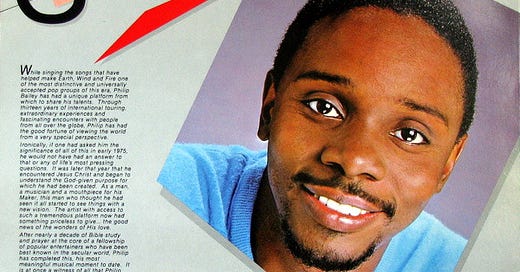


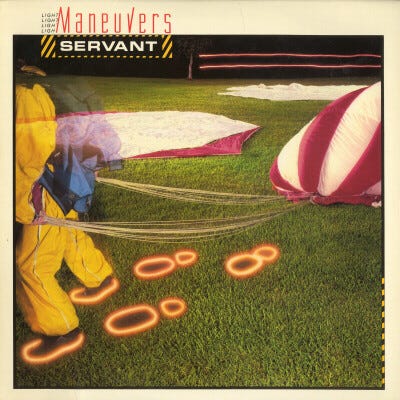
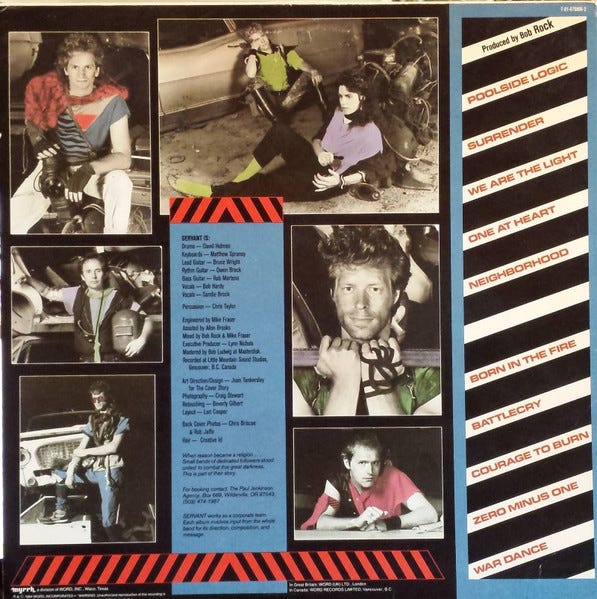
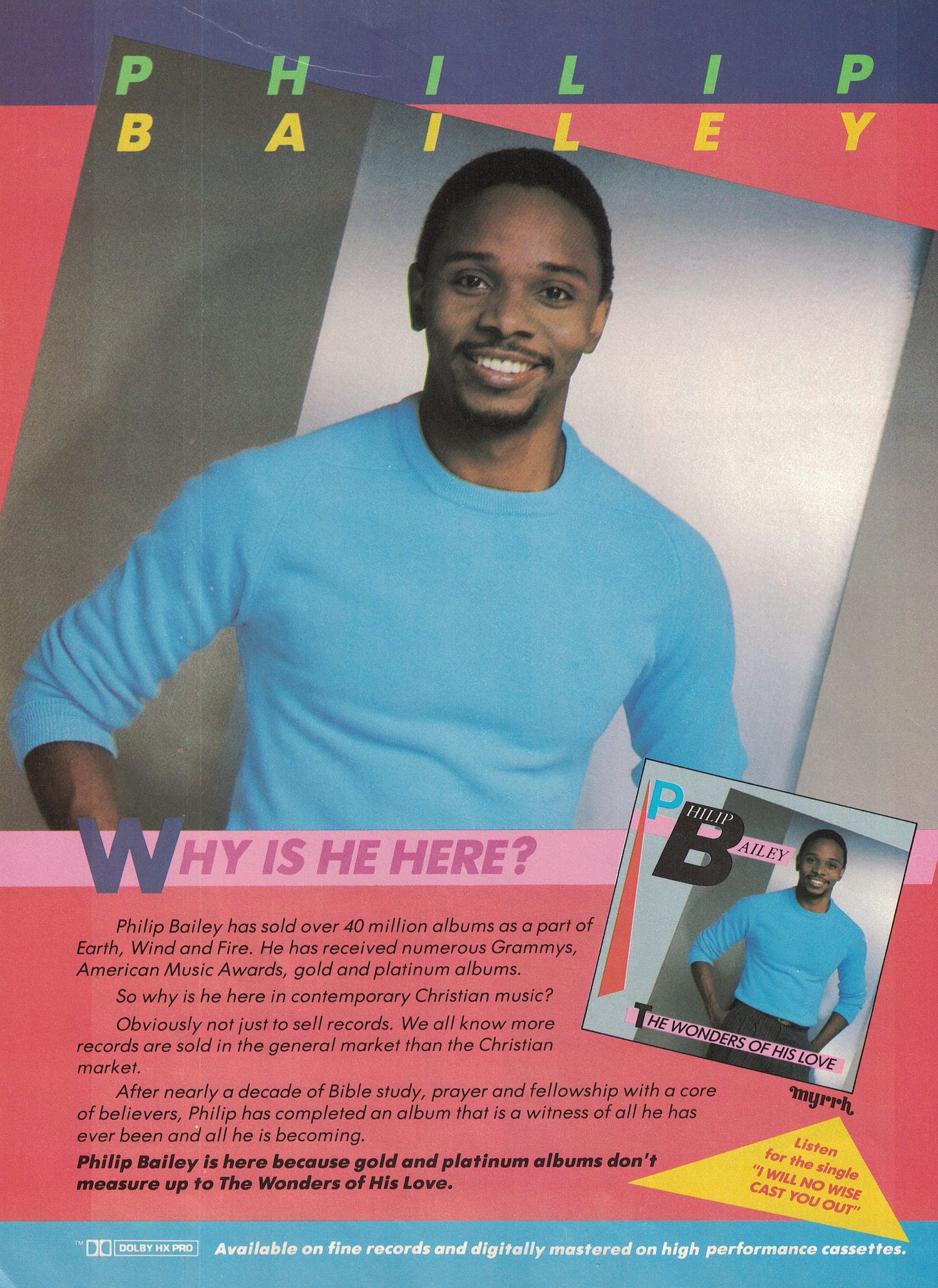
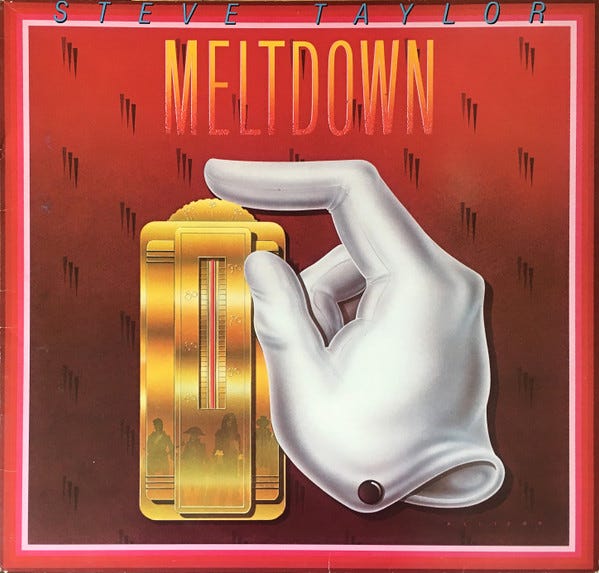
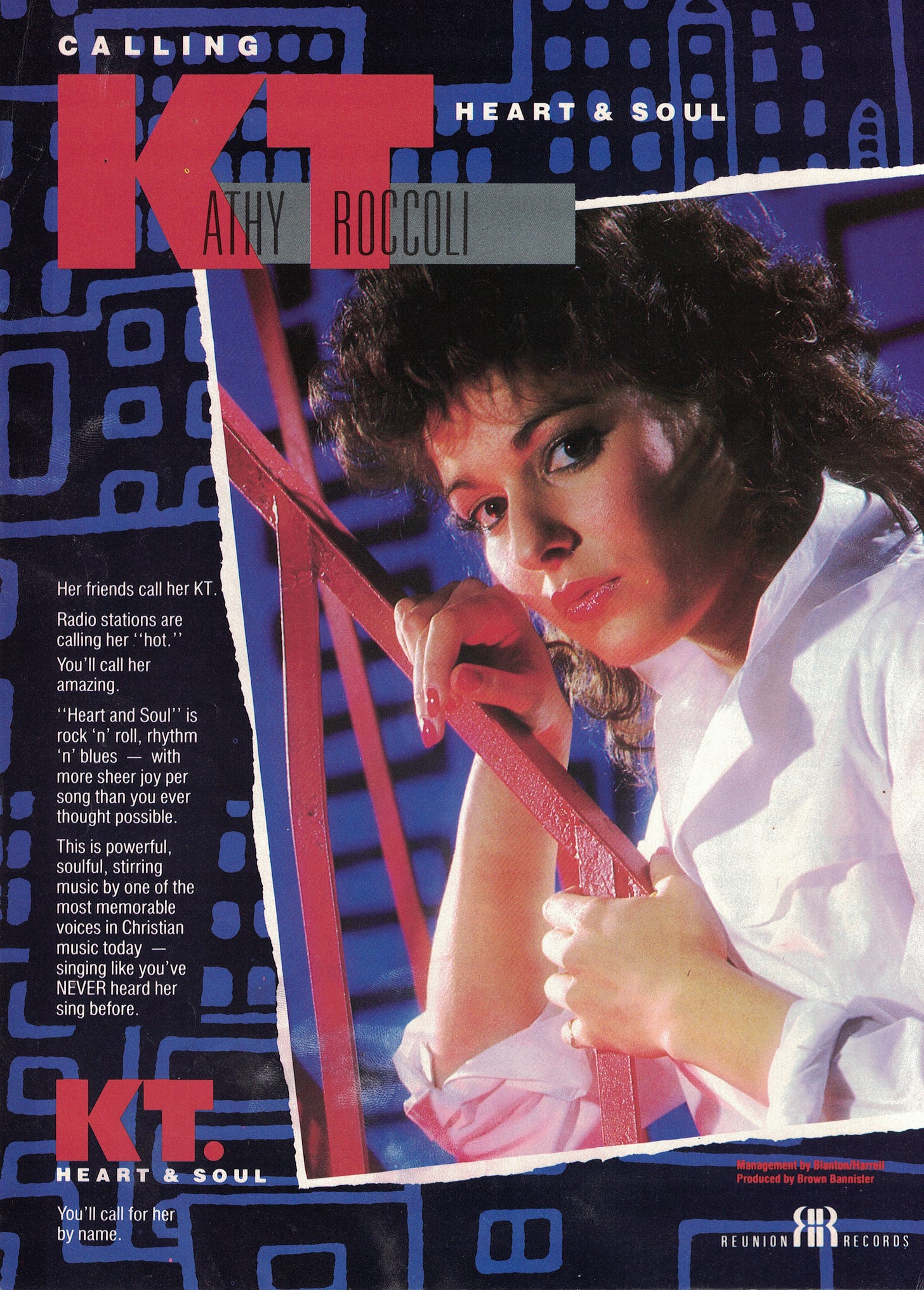
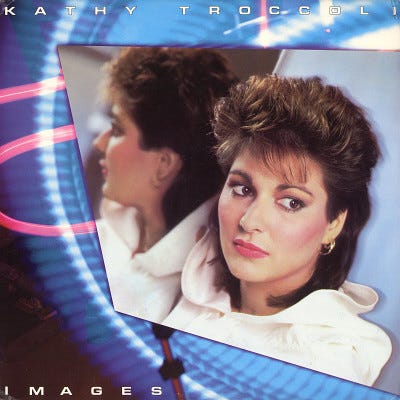


Sing, Philip Bailey!